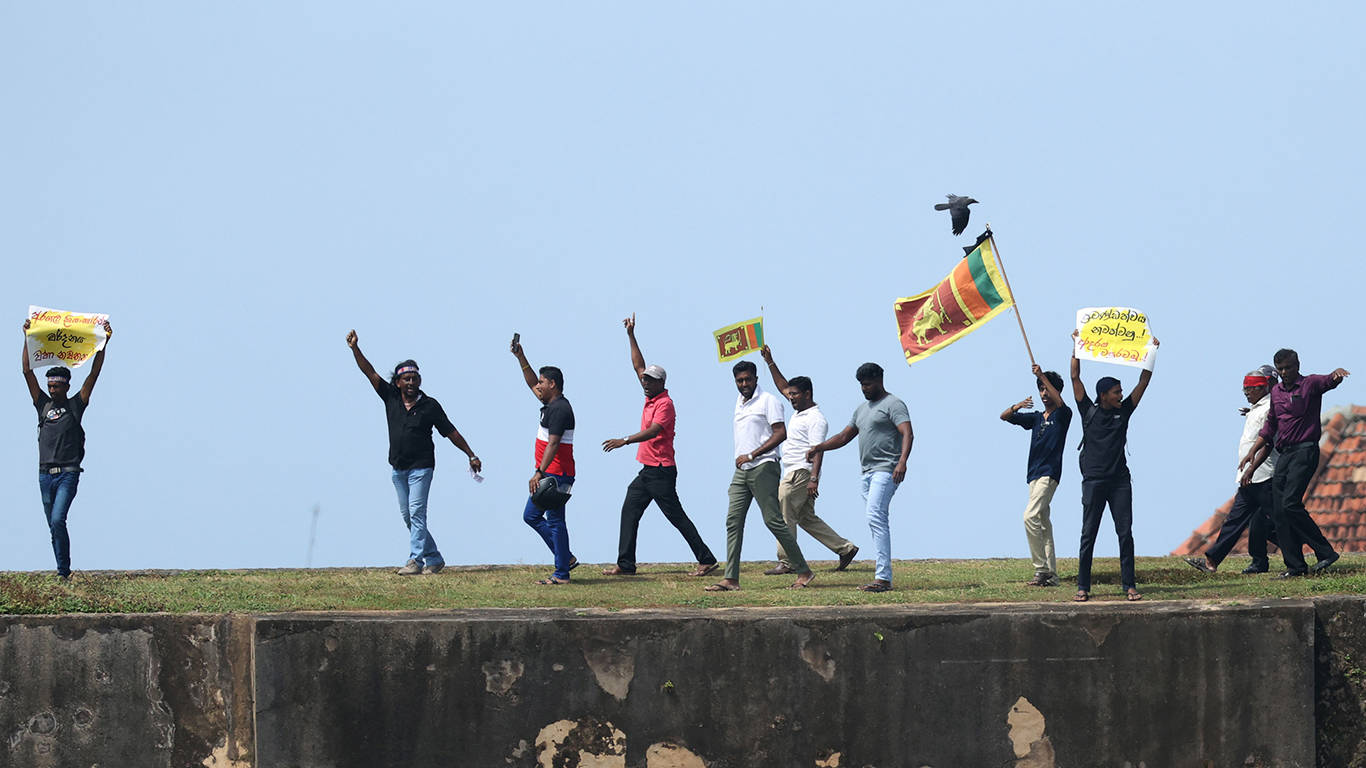PATRICK TUCKER and JACQUELINE FELDSCHER
Ukraine may get Western fighter jets and pilot training to aid in its conflict with Russia, U.S. Air Force Chief of Staff Gen. CQ Brown, Jr., said, but he doesn’t know precisely what kind of fighter jets they would be.
Chairman of the Joint Chiefs Gen. Mark Milley—in a separate engagement on Wednesday—emphasized that no decisions have been made.
At the Aspen Security Summit in Aspen, Colorado, on Wednesday, Brown hinted strongly that the idea of getting Western jets into Ukraine is now on the table.
“There's US [jets], there's Gripen out of Sweden, there's the Eurofighter, there's [the French] Rafale. So there's a number of different platforms that could go to Ukraine,” he said in response to a question on if the U.S. might be willing to sell or provide Ukraine with U.S. fighter jets. “I can't tell you exactly what it's gonna be,” he said.



















:quality(100)/cloudfront-us-east-1.images.arcpublishing.com/thesummit/IPWG7CGBFRHWFKG6OXVXLYQQNI.jpg)
